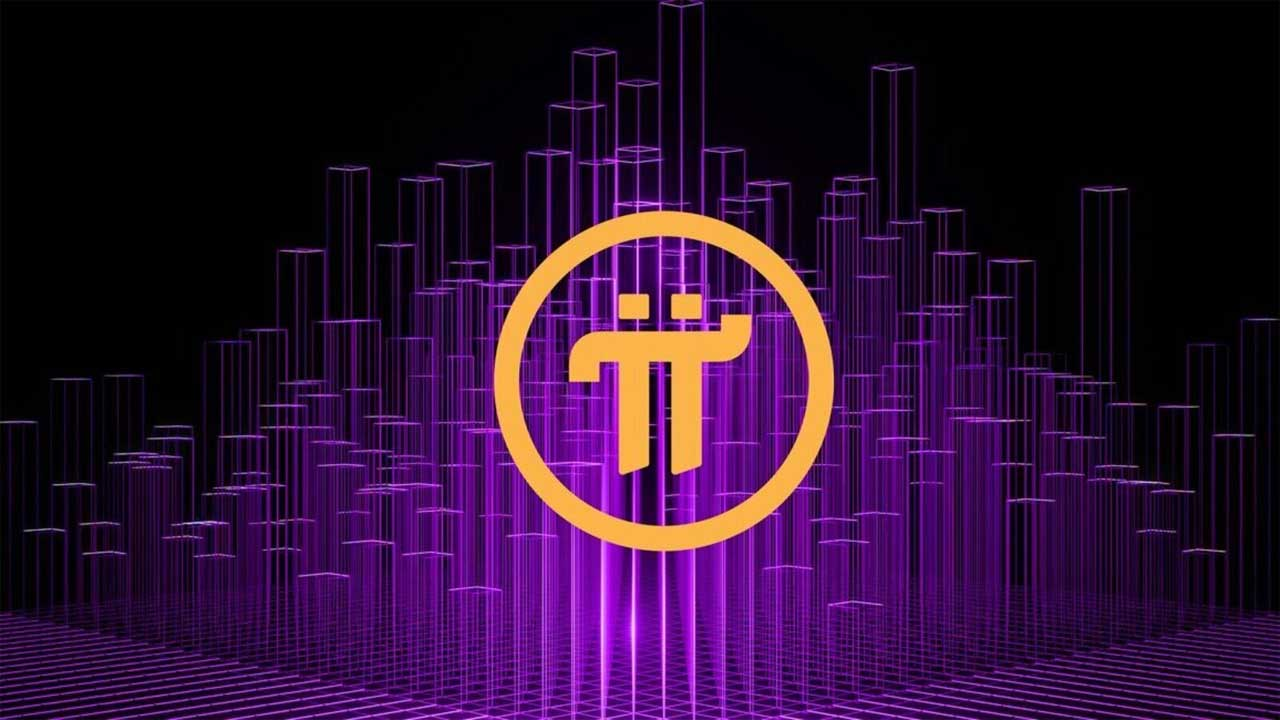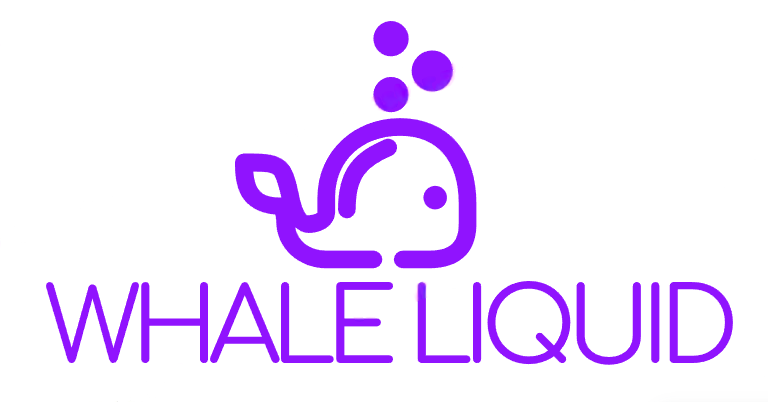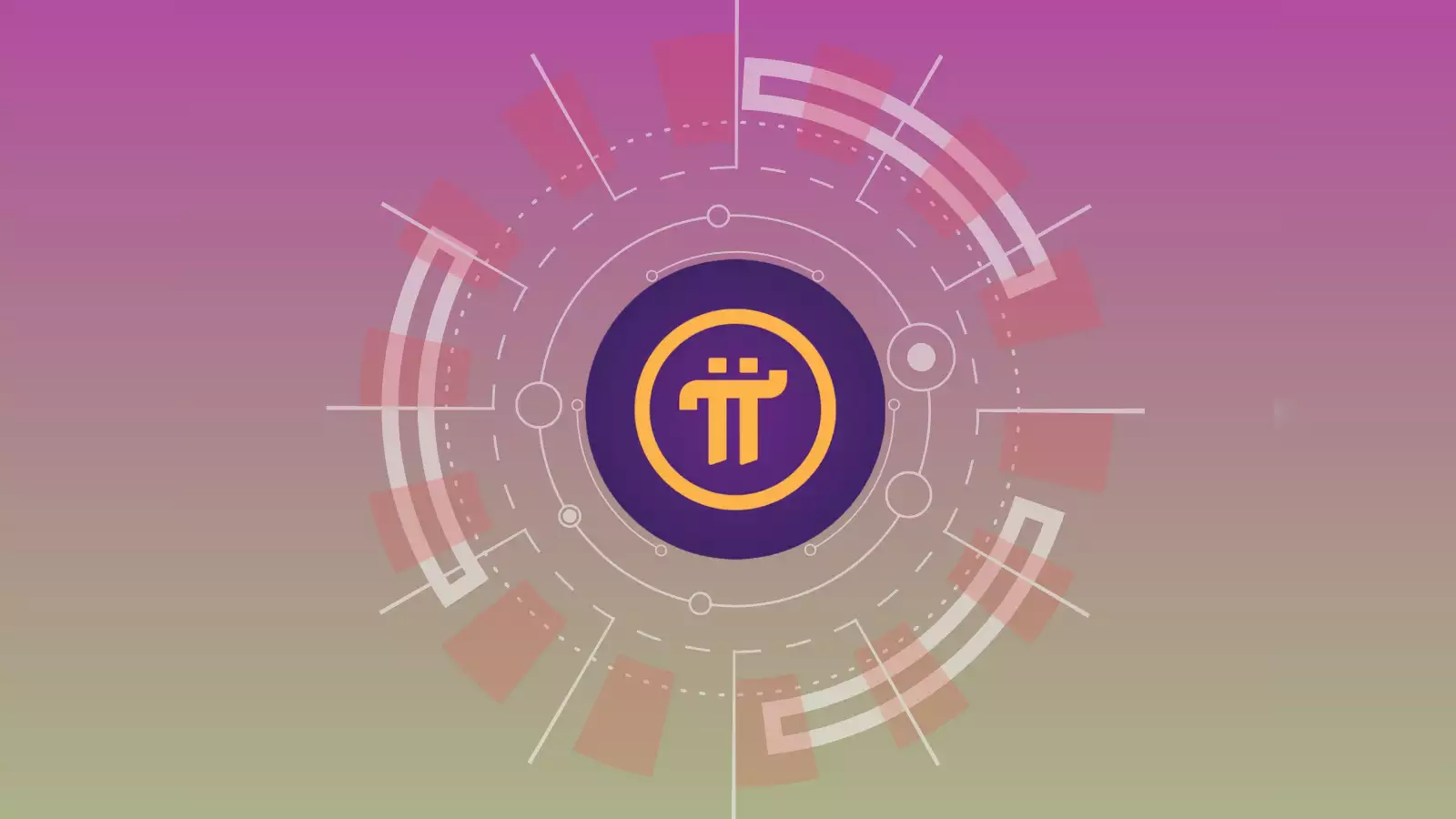Ethereum Launches “One Trillion Security” Initiative to Safeguard the Future of Tokenized Assets
Ethereum Launches “One Trillion Security” Initiative to Safeguard the Future of Tokenized Assets
On May 14, the Ethereum Foundation officially unveiled its new initiative, “One Trillion Security” (1TS), marking a significant step in strengthening the blockchain’s infrastructure as tokenized real-world assets (RWAs) gain global traction. With trillions of dollars in assets expected to migrate on-chain over the next decade, Ethereum is positioning itself as the backbone of this financial transformation by proactively enhancing network security.
The Ethereum Foundation emphasized that as more value flows through the blockchain—from individual savings and corporate treasuries to potential government-issued financial instruments—security must be reinforced at all layers. These include user wallets, smart contracts, validator nodes, and the base protocol itself. The 1TS initiative reflects Ethereum’s forward-thinking approach, especially as tokenization adoption accelerates faster than initially predicted.
Recent market developments highlight the momentum in tokenized finance. Bitwise CIO Matt Hougan noted on May 8 that SEC Commissioner Hester Peirce expressed support for blockchain-based equity issuance. In addition, Superstate launched “Opening Bell,” a platform enabling tokenized share trading on both Ethereum and Solana. According to data from RWA.xyz, Ethereum currently leads the tokenized assets market with over $6.9 billion in RWAs, a number that jumps to nearly 89% dominance when Ethereum’s layer-2 networks like zkSync are considered.
The growing interest in tokenized finance has prompted global institutions to take notice. A report from Boston Consulting Group projects that the market for tokenized assets could reach $16 trillion by 2030, representing nearly 10% of the world’s GDP. With this in mind, Ethereum’s security initiative is designed to support such exponential growth by becoming the trusted infrastructure for tokenized finance.
The 1TS program will focus on identifying vulnerabilities across the ecosystem, funding critical security audits and bug bounty programs, and developing better tools for smart contract developers. As demand surges from fintech firms and enterprise issuers, Ethereum aims to meet the rigorous security standards required by institutional players, ensuring long-term resilience and trust in the network.
By taking a proactive stance, Ethereum is not only securing its future but also reinforcing its leadership role in the evolving tokenized economy. With trillions at stake, the “One Trillion Security” initiative could be the key to unlocking the next phase of decentralized finance.
Other News

Vaulta (Formerly EOS) Rebounds Sharply With Bullish Momentum After Rebrand
Posted 18 hours 54 minutes ago

















